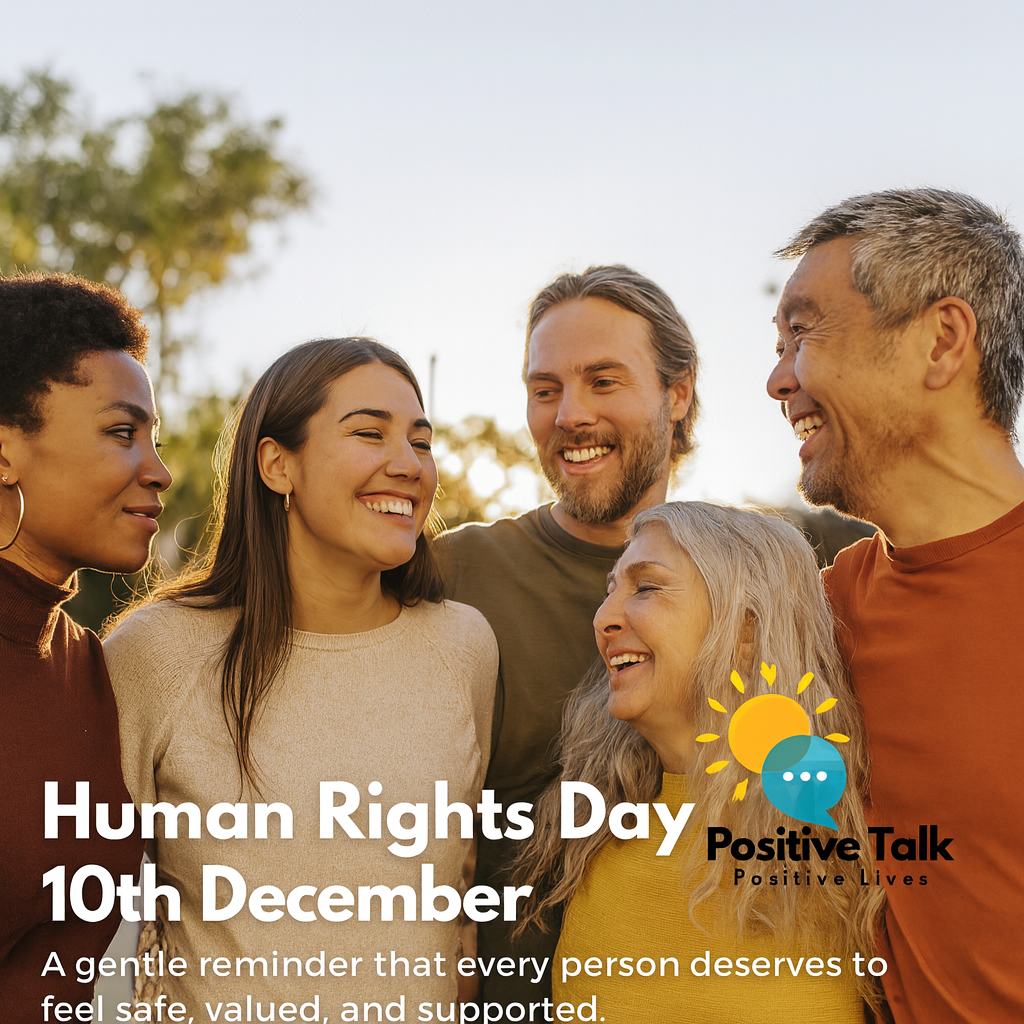Couple's therapy
A BRIGHTER TOMORROW
Providing Compassionate Care Today, for a Brighter, Better Tomorrow

Professional Counselling and Support Services in Coventry, Derby, Manchester, Birmingham, Leamington Spa and London
At Positive Talk, we are dedicated to providing accessible counselling, as well as other therapeutic services to anyone facing challenges in their lives. We support children, adults, couples and families, to help achieve their desired positive lifestyle.
Positive talk is here to help, support and guide you through day-to-day struggles, relationship difficulties or any other areas that may impact you from reaching that positive life. We support you with the changes towards the life you deserve!
We also offer mediation, life coaching and business support to individuals, groups and management in boosting team moral or productivity within business.
Positive Talk understands support can be required in many forms and should always cater to your individual needs. We offer support in a variety of ways which includes face-to-face, online, within your home or business setting or at one of our locations near you.
Whether you're looking for support for yourself or a loved one, you've come to the right place. Positive talk is here to help you take control of your life and make meaningful, positive changes.
Our counsellors recognise the importance of seeing you and your life journey as uniquely yours. We meet you where you are, whether you are new to counselling or have accessed it before. We match you with an experienced professional who we feel can support you, for what you're looking for, at the place you're at in your life.
We provide counselling and other therapeutic services to children, young people, adults, couples, families and businesses.
In a world that can be challenging, overwhelming, complex, and difficult to navigate. It's not surprising so many of us struggle with our well-being time to time. Maintaining our wellbeing, health, relationships and our daily lives is essential. At Positive Talk we aim to provide support and be at hand on your journey to becoming the best version of yourself and your surroundings.
Our Services in Coventry
Our Services in Derby
Our Services in Birmingham
Our Services in Leamington Spa
Our Services in London
Our Services in Manchester
Expert Counselling Services Tailored to You
AFFORDABLE SERVICES
Book Appointment
How We Can Support/Help
We provide counselling and other therapeutic services to children, young people, adults, couples, families and businesses. In a world that can be challenging, overwhelming, complex, and difficult to navigate.
It's not surprising so many of us struggle with our well-being time to time. Maintaining our wellbeing, health, relationships and our daily lives is essential. At Positive Talk we aim to provide support and be at hand on your journey to becoming the best version of yourself and your surroundings.
Exploring counselling as an option is the first step in the process of taking control of your life again.
Where to find us
AFFORDABLE SERVICES
Coventry
Coventry Office
William House
209 Torrington Avenue
Coventry
CV4 9AP
Derby
Derby Office
The Town House, Office 7
123-125 Green Lane
Derby
DE1 1RZ
Birmingham
Birmingham Office
Premier House
13 St Paul's Square
Birmingham
B3 1RB
Leamington
Leamington Office
Spring Clinic
2, 4b Regent St
Leamington Spa
CV32 5HW
London
London Office
Nag’s Head Market
22 Seven Sisters Road
London
N7 6AG
Manchester
Manchester Office
Manchester Royal Exchange
St Ann’s Square
Manchester
M2 7DD











